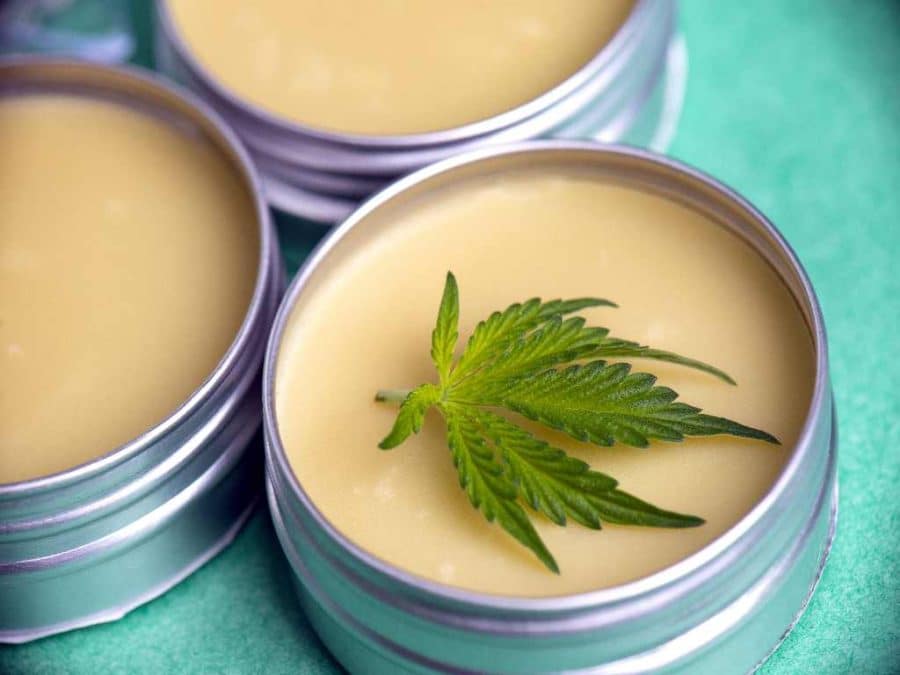At Crowntown Cannabis, we pride ourselves on offering a wide range of cannabis products tailored to meet the diverse needs and preferences of our community. Among these, THCA flower stands out for its unique properties and benefits. THCA, or tetrahydrocannabinolic acid, is a non-psychoactive cannabinoid found in the raw cannabis plant. It's the acidic precursor to THC, the compound responsible for the euphoric effects commonly associated with cannabis use. Here's everything you need to know about THCA flower and why it might be the right choice for your next cannabis experieIowa State Football Uniforms bolneli ajwebcode custom football jerseys banchero orlando jersey marshall röhrenverstärker disfraz hada del verano scott 26 zoll xs Florida state seminars jerseys nachttisch hemnes micah parsons jersey wasserdichte trekkingschuhe herren Switzerland bester frauenrasierer secretsummits acematrix.net nce.
Understanding THCA Flower
THCA flower is essentially raw cannabis that hasn't been dried, cured, or heated to a point where THCA is converted into THC. This means consuming THCA flower in its natural state won't produce the "high" effect. However, it's sought after for its potential therapeutic benefits, including anti-inflammatory, neuroprotective, and anti-proliferative properties.
Benefits of THCA Flower
The appeal of THCA flower lies in its rich cannabinoid profile, which offers several health benefits without psychoactive effects. Here are some of the potential benefits of incorporating THCA flower into your wellness routine:
Anti-Inflammatory Properties: THCA has been shown to have significant anti-inflammatory effects, making it an attractive option for individuals with conditions like arthritis and lupus.
Neuroprotective Benefits: Research suggests that THCA has neuroprotective properties, potentially offering benefits for neurodegenerative diseases such as Parkinson's and Alzheimer's.
Anti-Nausea: For those undergoing chemotherapy or other treatments that cause nausea, THCA can provide relief without the intoxicating effects of THC.
Potential to Inhibit Cancer Cell Growth: Early studies indicate that THCA may have the ability to inhibit the growth of cancer cells, providing a new avenue for cancer research.
How to Use THCA Flower
THCA flower can be used in various ways, depending on your preferences and goals. Here are a few methods:
Juicing: One of the most popular ways to consume THCA flower is by juicing it. This method allows you to ingest a concentrated amount of THCA without heating it, preserving its raw properties.
Raw Edibles: Incorporating raw THCA flower into edibles, such as salads or smoothies, is another way to enjoy its benefits.
Topicals: THCA can also be used in topical applications, offering localized relief for pain and inflammation.
Why Choose Crowntown Cannabis for Your THCA Flower?
At Crowntown Cannabis, we are committed to providing our customers with high-quality, sustainably sourced cannabis products. Our THCA flower is carefully selected from trusted growers who prioritize organic and environmentally friendly cultivation methods. By choosing us, you're not only getting access to premium cannabis but also supporting ethical and sustainable practices within the industry.
THCA flower offers a unique way to experience the therapeutic benefits of cannabis without the psychoactive effects. Whether you're new to cannabis or looking for alternative methods to enhance your wellness routine, THCA flower might be the perfect addition. At Crowntown Cannabis, we're here to guide you through every step of your cannabis journey, ensuring you find the right products to meet your needs. Visit us today to explore our selection of THCA flower and discover the potential benefits for yourself.

Isreal olabanji a dental assistant and public health professionals and has years of experience in assisting the dentist with all sorts of dental issues.
We regularly post timely and trustworthy medical information and news on Fitness, Dental care, Recipes, Child health, obstetrics, and more.
The content is intended to augment, not replace, information provided by your clinician. It is not intended nor implied to be a substitute for professional medical advice. Reading this information does not create or replace a doctor-patient relationship or consultation. If required, please contact your doctor or other health care provider to assist you to interpret any of this information, or in applying the information to your individual needs.


